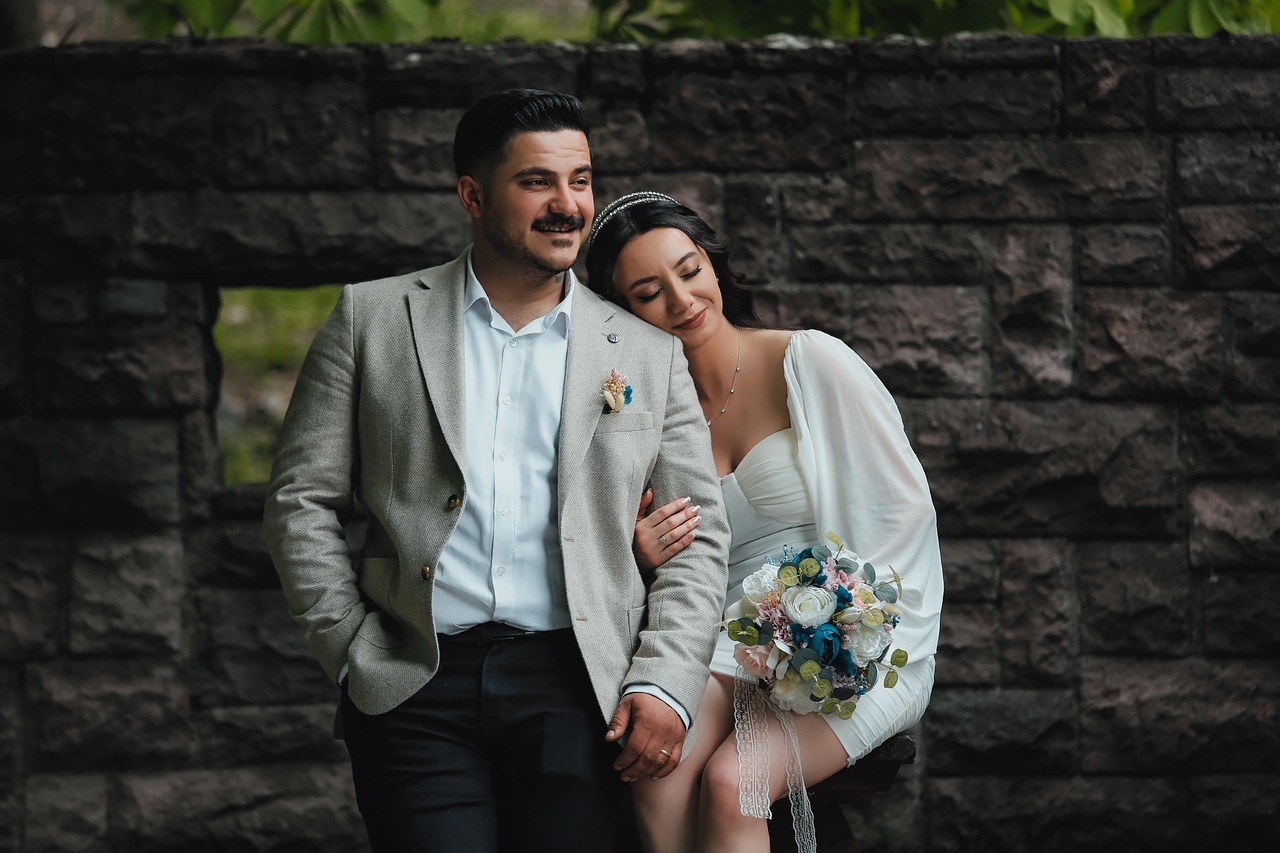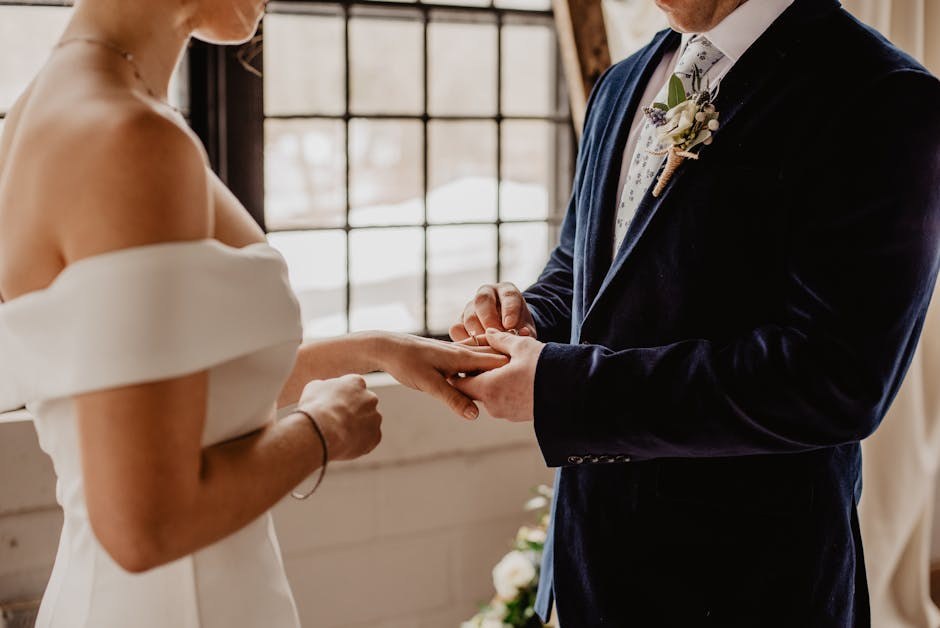Early dating can feel like steering a canoe on a glassy lake – gentle, promising, and a little uncertain. You want to learn who this person is without turning the moment into an interview, and you want to be honest without oversharing. That’s where carefully chosen conversation prompts help. They open doors instead of forcing them, creating space for curiosity, humor, and connection. For new couples, the right prompts make it easier to share what matters and to hear the same in return.
What follows is a full guide to asking better questions and a curated set of prompts designed to help you learn about each other at a comfortable pace. Each idea can be dropped into everyday conversation – on a walk, over coffee, during a quiet evening – so nothing feels staged. Use them as inspirations rather than strict scripts. New couples benefit most when the exchange stays relaxed, respectful, and reciprocal, allowing both people to be seen and heard.
How to ask without overstepping
Getting to know someone is delicate work. You’re reading signals, testing rhythms, and exploring edges – all while building trust. For new couples, it helps to set a tone: curious, kind, and light. The goal is depth without pressure, meaning you ask with care and you listen with attention. Keep the following principles in mind as you move through the prompts.

Keep it low-stakes at first – ease into sensitive areas. If a topic seems tender, pivot gracefully. You can return later when the relationship feels sturdier.
Don’t stack questions. Toss one prompt into the conversation and let it breathe. Silence isn’t failure; it’s room for thought.
Listen fully. Resist the urge to jump in with your own story right away. Let the other person finish before you add your perspective.

Mirror with care. Reflect what you heard – “It sounds like that move was a turning point” – so your partner feels understood.
Share your side. The best exchanges are mutual. New couples build trust when both people answer, not just the one being asked.
Watch the vibe. If body language closes – arms crossed, answers clipped – soften the topic or shift to something lighter.

Remember what you learn. Recalling details later shows care. It also creates easy callbacks for future plans and inside jokes.
With those principles as your compass, use the following prompts to spark honest, engaging dialogue. They’re organized to begin gently and move toward deeper territory, giving new couples freedom to go at a comfortable pace.
Conversation prompts to explore together
What sits on your “someday” list? Whether or not you’ve written a formal bucket list, everyone carries a few quiet ambitions – learning a language, living by the water, running a tiny bookshop. This prompt reveals hopes and hidden motivations. For new couples, hearing each other’s “someday” ideas makes future daydreaming feel shared rather than solitary.
Which place have you always wanted to visit, and why? Travel wishes hint at temperament: city buzz versus mountain quiet, galleries versus food markets, spontaneity versus itineraries. You also discover how your partner likes to spend unstructured time – a helpful insight for planning your first getaway together.
Do you imagine yourself rooted here or eventually moving? Some people thrive on staying close to their community; others feel most alive chasing new horizons. For new couples, this is a gentle way to explore long-term compatibility without jumping straight into timelines and ultimatums.
How do you feel about children down the road? The phrase “down the road” matters – it signals curiosity, not pressure. You’re simply mapping values and life pictures. Even if neither of you has a firm answer yet, hearing how each person thinks about family helps you navigate the future with respect.
What first drew you to me? Attraction has layers – a laugh, a look, a point of view. Inviting specificity is affirming and illuminating. For new couples, this becomes a sweet ritual: say what you noticed, and then go one layer deeper to the quality underneath it.
What’s a favorite memory from childhood? Stories from early years offer clues about how we learned to play, cope, and connect. The details – a backyard fort, a beach tradition, a grandparent’s ritual – add color and warmth. New couples often find these tales help soften nerves and nurture empathy.
If you could revise one small thing about yourself, what would you tweak? This isn’t an invitation to self-critique; it’s an opening to talk about growth. Maybe it’s leaving dishes in the sink or overpacking schedules. The word “tweak” keeps the tone kind – change is possible, but kindness is the point.
What are you most grateful for these days? Gratitude surfaces values. It tells you where attention and appreciation naturally land – friends, family, health, meaningful work, or simple everyday moments. For new couples, shared gratitude can become a miniature ritual that keeps perspective steady when life gets noisy.
Describe your idea of a perfect day. You’ll learn what restores your partner – slow mornings and sunlight, or a full slate of plans and people. File the answers away; they’re built-in inspiration for birthdays, surprises, and ordinary Tuesdays. New couples can turn this into a low-key challenge: plan a “perfect-day sampler” for each other.
How does trust grow for you? Trust is not a switch – it’s built through patterns. Maybe it’s consistency, keeping little promises, or being calm when things go sideways. For new couples, naming the mechanics of trust helps you both nurture it intentionally.
What does a healthy relationship look like in your eyes? Some picture frequent check-ins; others prize lots of independence with reliable touchpoints. You’re not drafting a contract – you’re comparing notes. New couples who talk about this early often prevent misreads later, because expectations are on the table rather than assumed.
What’s one question you’ve wanted to ask me but haven’t yet? Curiosity sometimes needs permission. Offer it outright and then switch roles. You’ll likely discover a topic neither of you knew you were ready to discuss, and the exchange will feel brave in the best way.
Have you been in love before, and what did it teach you? The past isn’t a scorecard – it’s context. Rather than cataloging old stories, focus on lessons: boundaries, communication, repair. For new couples, this conversation can be grounding, showing how both of you carry wisdom forward without reliving old chapters.
Which movie lives rent-free in your mind, and why? Cinema tastes reveal moods and philosophies – comfort, adventure, social critique, romantic idealism. Ask what scene stays with them and how it shapes the way they see the world. You might queue it up together and make popcorn a tradition.
When you listen to music, what grabs you first – rhythm or lyrics? People tend to lead with beat or story. Both answers say something about how your partner processes experience. New couples can turn this into a playful exchange: trade a favorite song and explain what your ear loves about it.
Is there a quote or line you return to? A line that sticks – from a poem, film, mentor, or song – acts like a pocket compass. Share what it reminds you to do when life is messy: slow down, speak up, stay curious. For new couples, quoting becomes less about being clever and more about sharing guiding ideas.
What’s one regret that nudged you toward growth? Regret can be a harsh teacher, but it’s still a teacher. Frame it as “What did this change in you?” rather than “What went wrong?” New couples who talk about regrets with compassion often build a culture of gentle accountability.
What do you most appreciate about me so far? Appreciation strengthens connection the way sunlight helps a plant. Ask for specifics – the thoughtful check-in, the calm under pressure, the contagious laugh. Offer your answer back, and let the moment linger.
Does your work feel meaningful right now? Work can energize, deplete, or simply pay the bills, and the answer shifts over time. You’re not trying to solve anything on the spot – listening is the gift. For new couples, this conversation becomes a way to cheer each other on without turning every dinner into a career workshop.
What did younger you dream about doing? Childhood dreams capture unfiltered longing – astronaut, pastry chef, park ranger, teacher. Some dreams evolve; others point to ongoing themes like curiosity, leadership, or care. New couples can honor those themes in small ways, even if the original dream has changed shape.
If we could do one thing together right now, what would it be? The present is where connection lives. Maybe it’s cooking a new recipe, renting bikes, or building a pillow fort and watching a meteor shower. For new couples, this question turns today into an adventure rather than waiting for a “special occasion.”
Practical tips for weaving prompts into real life
Prompts work best when they feel organic. You’re not reading from a cue card – you’re picking up threads and following them. New couples often find that small rituals prevent the conversation from stalling and keep discovery feeling fun rather than forced.
Create a rotation. Choose a night each week to share one question each. Keep it casual – dessert on the couch, a walk around the block, a quick stop for tea. Consistency matters more than length.
Anchor to moments. Use life’s natural pauses – a long drive, waiting for a table, strolling a market – to ask something light and see where it goes.
Follow the spark. If a topic lights up your partner, stay there. A short list of prompts is plenty when enthusiasm is high.
Balance light and deep. After talking about trust or regrets, shift to music, films, or food. Emotional range keeps conversations sustainable.
Notice the yeses. If your partner lights up about nature, plan a picnic. If they love bookstores, make browsing a weekend habit. New couples turn words into memories by acting on what they learn.
Why this approach works
People open up when they feel safe. Safety is built through presence – unhurried attention, curiosity without judgment, and the willingness to share your own story. These prompts invite that atmosphere. They offer structure without stiffness and depth without drama. For new couples, the rhythm becomes familiar: ask, listen, reflect, share. Over time, this cadence transforms simple questions into a shared language.
Another reason this method is effective is that it honors timing. Some topics are better saved for later; others are perfect day-one material. If you aren’t sure, choose the gentler path. Let the relationship set its own pace – patience is not passivity; it’s trust that intimacy grows when both people feel respected.
Bringing it all together
Consider these prompts a toolkit rather than a to-do list. You don’t need to work through them in order or even ask them all. Instead, pick one that fits the moment and see where it leads. Share your own answer, and resist the urge to “fix” anything that surfaces – most of the time, being heard is enough. For new couples, that simple practice – attention without agenda – is the quiet foundation of closeness.
As you keep talking, you’ll discover favorite routes through conversation: from childhood memory to music, from perfect-day plans to what trust looks like in small gestures. You’ll also build tiny rituals – a weekly walk, a standing café date, a movie-and-popcorn night – where questions arrive naturally. When laughter shows up, let it. When a pause arrives, let that stay too. Connection doesn’t require constant words; it requires reliable care.
Use the prompts generously and gently. Let curiosity lead, let kindness frame the edges, and let the relationship evolve at its own pace. New couples don’t need flashy strategies – they need simple, steady moments that reveal who they are to each other, one honest conversation at a time.